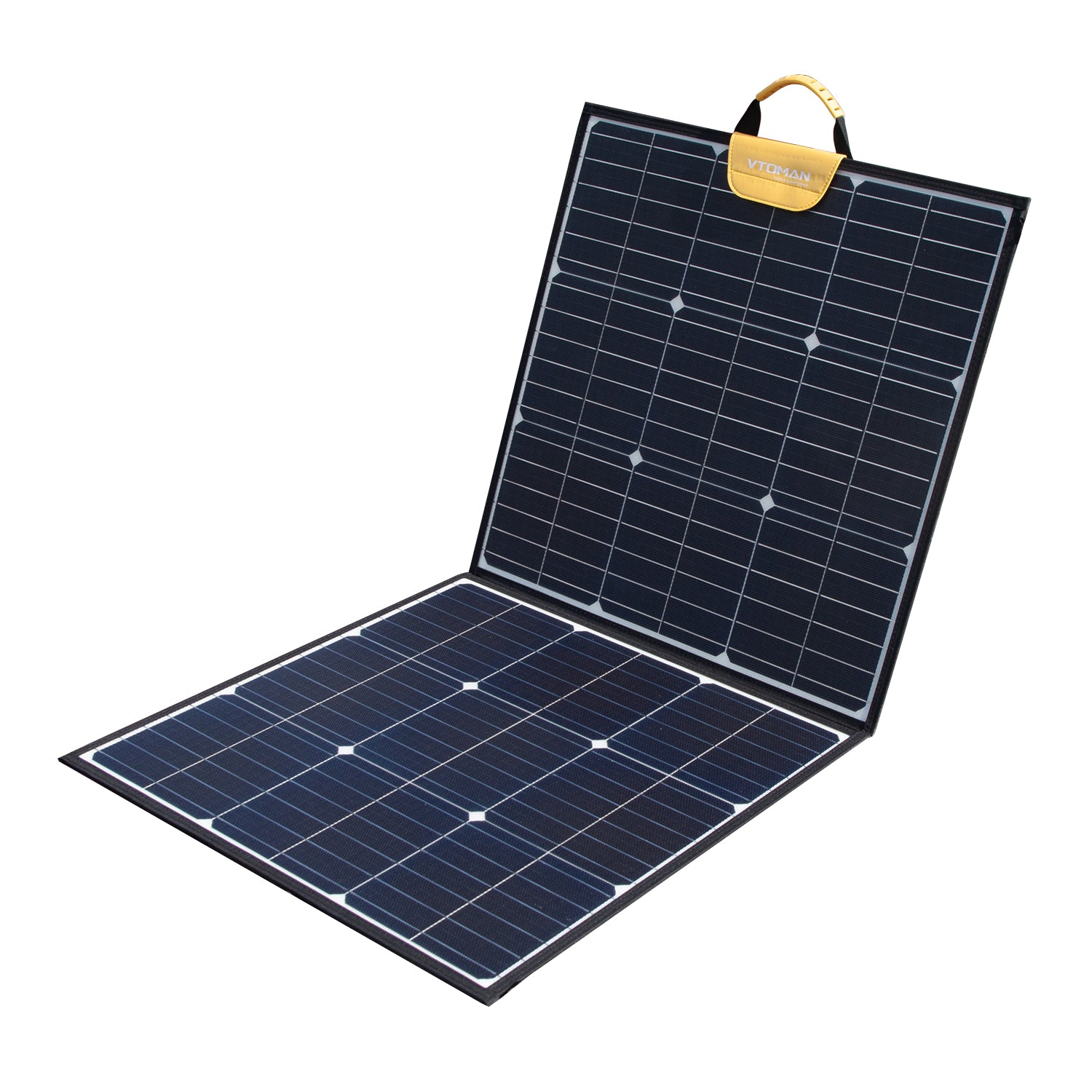RV solar panels have revolutionized the way we power our recreational vehicles, offering a sustainable and cost-effective alternative to traditional energy sources. In this comprehensive guide, we will explore the benefits, installation process, maintenance tips, and future advancements of RV solar panels.

The Benefits of RV Solar Panels
Unleashing the power of RV solar panels provides numerous benefits for both the environment and RV owners. Firstly, solar energy is a clean and renewable source of power, reducing carbon emissions and minimizing our ecological footprint. By harnessing the sun's energy, RV owners can enjoy a sustainable lifestyle while exploring the great outdoors.
Secondly, RV solar panels offer financial advantages. By relying on solar power, RV owners can significantly reduce or even eliminate their dependence on traditional energy sources, such as generators or campground hookups. This translates into long-term savings on fuel costs and campground fees, making RVing more affordable and accessible for everyone.
Installation Process
Installing RV solar panels may seem daunting at first, but with the right guidance, it can be a straightforward process. The first step is to assess your energy needs and determine the appropriate solar panel size for your RV. This depends on factors such as the number of appliances you plan to power and the duration of your trips.
Next, you will need to select the right mounting system for your RV. There are various options available, including roof-mounted, ground-mounted, and portable solar panel setups. Each has its advantages and considerations, so it's essential to choose the one that best suits your needs and preferences.
Once you have chosen the solar panels and mounting system, it's time to install them on your RV. This typically involves securing the panels to the roof or mounting them on a portable frame. It's crucial to follow the manufacturer's instructions and ensure a secure and watertight installation.
Maintenance Tips
Maintaining your RV solar panels is essential to ensure optimal performance and longevity. Regular cleaning is necessary to remove dust, dirt, and debris that can reduce the panels' efficiency. Use a soft brush or cloth and a mild detergent to gently clean the surface of the panels.
In addition to cleaning, it's crucial to inspect the panels regularly for any signs of damage or wear. Check for loose connections, cracks, or corrosion, and address any issues promptly. It's also recommended to monitor the performance of your solar panels using a solar charge controller or monitoring system.
The Future of RV Solar Panels
The future of RV solar panels looks promising, with ongoing advancements in technology and increased adoption of renewable energy. Researchers are continuously working on improving the efficiency and affordability of solar panels, making them more accessible to a wider audience.
One exciting development is the integration of solar panels into the RV's body, such as solar roofs or windows. This innovation allows for a seamless and aesthetically pleasing integration of solar power, further enhancing the RVing experience.
Furthermore, advancements in battery storage technology are making it easier to store excess solar energy for later use. This enables RV owners to have a reliable power source even during cloudy days or at night, further reducing their reliance on traditional energy sources.
As the world embraces sustainable living, rv solar panels are becoming an essential component of the modern RVing experience. By harnessing the power of the sun, RV owners can enjoy the freedom of the open road while minimizing their impact on the environment and their wallets.